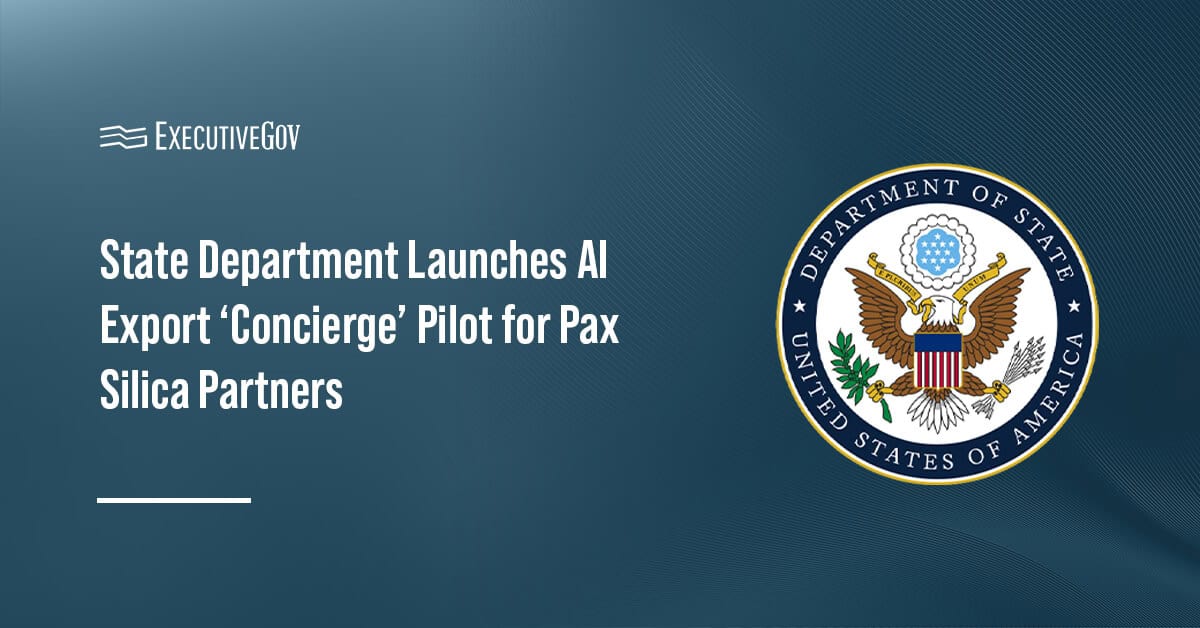Sen. Gary Peters, D-Mich., chairman of the Homeland Security and Governmental Affairs Committee, presided over a hearing focused on the modernization of the U.S. government’s record classification system, his official website reported Thursday.
Some suggestions from the witnesses include using artificial intelligence and reforming “automatic” declassification to avoid overclassifying documents.
The federal classification system accommodates 50 million new confidential documents every year, costing the government $18 billion annually in maintenance efforts, Peters said in his opening remarks.
“Experts, both within and outside of the federal government, estimate that between 50 and 90 percent of all classified materials could be made public without compromising national security, and that the over-classification of documents reduces transparency and erodes public confidence in the federal government,” he elaborated.
One of the witnesses who recommended solutions was Elizabeth Goitein, senior director of the Liberty and National Security Program at the Brennan Center for Justice, New York University School of Law. She suggested that Congress review and reconsider the current 25-year automatic declassification of records, since some information can be redacted from the files rather than censoring them altogether. She additionally urged increased support for the Mandatory Declassification Review and the Interagency Security Classification Appeals Panel.
John Fitzpatrick, former director of the Information Security Oversight Office, also testified. He emphasized the need to invest in artificial intelligence, machine learning, and other maturing technologies as “the single most important piece” of the system’s modernization, going on to recommend aggregate processing of digital records in order to avoid accumulated backlogs. Furthermore, Fitzpatrick called for the installation of top secret digital environments at review offices that are currently limited to paper-based and manual operations.





